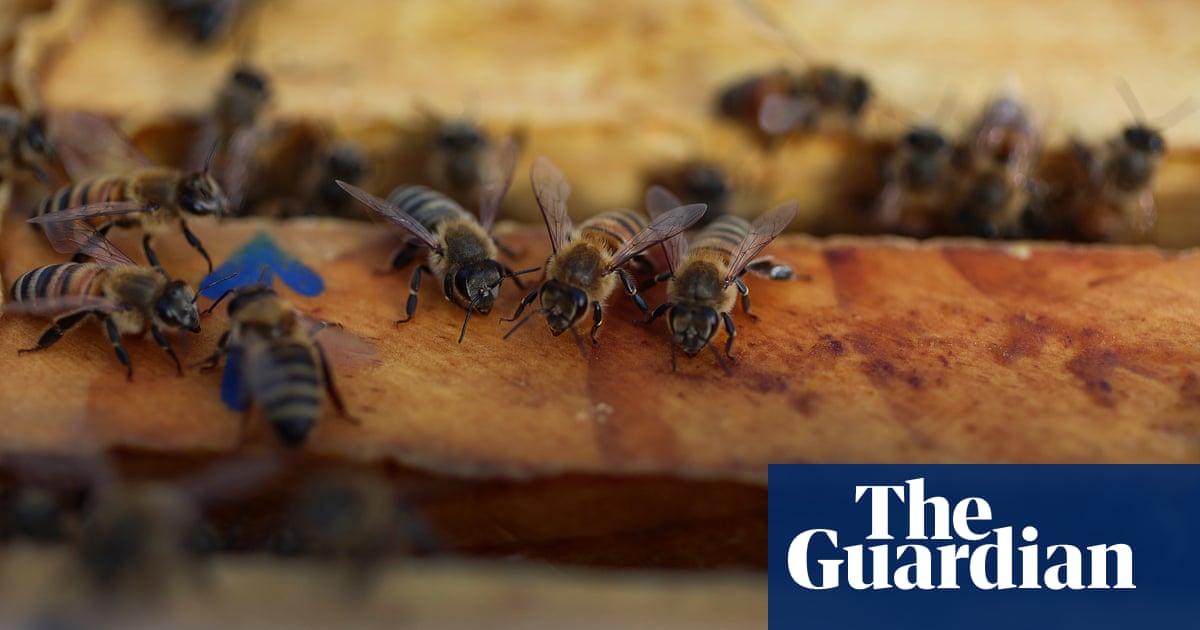Summary
US honeybee deaths hit a record high, with beekeepers losing over 60% of colonies this winter.
The crisis threatens pollination of key crops and has led to financial ruin for many beekeepers. Scientists cite climate change, habitat loss, pesticide use, varroa mites, and poor handling as potential causes.
The USDA is investigating the latest losses, but Trump-era staff cuts have slowed research, prompting Cornell University to assist.
Despite increased colony numbers from rising beekeeper interest, loss rates continue to surge, endangering agriculture and ecosystems.



It’s definitely pesticide. Plus a lack of plant diversity. If farmers focused on building strips of natives bordering their fields honeybees wouldn’t even be necessary. Honeybees are an invasive species in the US. There are thousands of amazing American bee species that would pollinate our crops if we leave a little room for them, and stopped using pesticides and herbicides everywhere, all they need is a small amount of habitat.
Where I live, in a very large city, there is a ban on roundup and we have no issues with a lack of bees, as long as there’s not acres of lawn.
I’m an ecologist and I used to work at a botanical garden. we had a bee researcher who found 120 species of native bees, plus tons of wild honeybee colonies breaking off new ones every year. He believed it was the plant diversity in the gardens that contributed to the number of species.
Light pollution is also a big contributor
It seems like most people these days have lights mounted on their house that shine all night long, or turn on automatically every time something moves outside. My boyfriend thinks those are a good idea, but so far I’ve managed to talk him out of it.
People are afraid of the dark, and the more they chase it away the more afraid they become.
I agree. I fear the conclusion is being actively surpressed because we can’t afford to stop using the pesticides.
Well we’re going to quickly end up with no alternative.